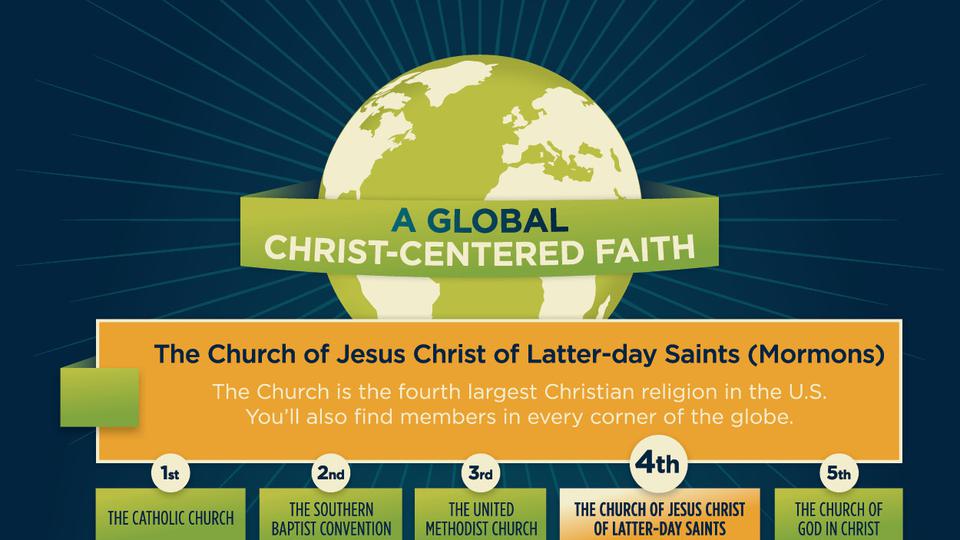Reveal The Exciting History Of Catholic Colleges And Their Deep Impact On Education-- Could Their Practices Supply Insights For Future Discovering?
Reveal The Exciting History Of Catholic Colleges And Their Deep Impact On Education-- Could Their Practices Supply Insights For Future Discovering?
Blog Article
Content Created By-Petersson Nolan
When you take into consideration the history of education, Catholic colleges stand out for their deep-rooted traditions and long lasting impact. These establishments began as a means to instill belief and worths, however they've adapted incredibly over centuries. Today, they play an essential duty fit not simply scholastic success however additionally moral integrity. What's interesting is just how they have actually handled to flourish amidst changing cultural landscapes, raising questions about their future relevance and effect.
The Beginnings of Catholic Education: A Historic Point of view
Catholic education traces its roots back over 1,500 years, when very early Christian neighborhoods acknowledged the requirement for organized learning. You'll find that these neighborhoods intended to pass on their belief and values with education.
Monasteries and basilica colleges came to be facilities of knowing, supporting both spiritual and intellectual development. As https://telegra.ph/The-Evolution-Of-Catholic-Education-Adjusting-To-Contemporary-Challenges-06-14 delve deeper, you'll see that the curriculum typically consisted of philosophy, faith, and the liberal arts, made to develop well-rounded people.
In time, the Church developed a lot more official organizations, making sure that education and learning stayed accessible to all. The commitment to teaching ethical values and cultivating a sense of community has actually continued through the centuries, shaping the educational landscape and influencing countless lives worldwide.
This enduring tradition remains to influence Catholic education and learning today.
The Development of Catholic Institutions Through Cultural Contexts
As societies progressed, so did the function of Catholic colleges, adjusting to the cultural contexts in which they existed. In the very early years, these organizations focused mainly on religious direction, but as areas expanded, they started to incorporate neighborhood languages, customs, and academic demands.
You 'd observe that Catholic institutions commonly became centers for social cohesion, promoting a feeling of belonging among students from various histories. In Highly recommended Web-site of areas, they attended to social problems, such as destitution and discrimination, by offering easily accessible education for all.
As you check out various cultures, you'll see just how Catholic schools have changed their curricula and training methods, mirroring the worths and obstacles of their environments while holding to their foundational objective of belief and scholastic excellence.
The Modern Role and Influence of Catholic Schools in Society
In today's globe, Catholic schools play a crucial duty fit not just the academic landscape, yet also the wider area.
https://www.deseret.com/faith/2021/6/8/22524330/temple-square-salt-lake-city-reopening-soon-heres-what-you-need-to-know-mormon-lds 'll locate that these establishments highlight worths like regard, concern, and social justice, cultivating well-shaped individuals that contribute favorably to culture. By focusing on click to read and moral advancement, Catholic colleges prepare students for future obstacles, nurturing vital thinking and management skills.
They typically offer diverse populaces, connecting gaps in access to high quality education and learning. Additionally, you could notice their dedication to service, urging students to participate in community outreach and volunteer work.
This blend of education and learning and moral advice makes Catholic institutions a significant pressure, cultivating responsible people that can impact their neighborhoods right.
Final thought
Finally, Catholic institutions have a rich history that's shaped their enduring impact on society. You've seen how they've adjusted to different social contexts while preserving a dedication to faith, values, and academic quality. Today, they continue to play an important duty in cultivating neighborhood, promoting social justice, and nurturing accountable citizens. As you review their legacy, it's clear that Catholic colleges stay an effective pressure for favorable adjustment worldwide.
